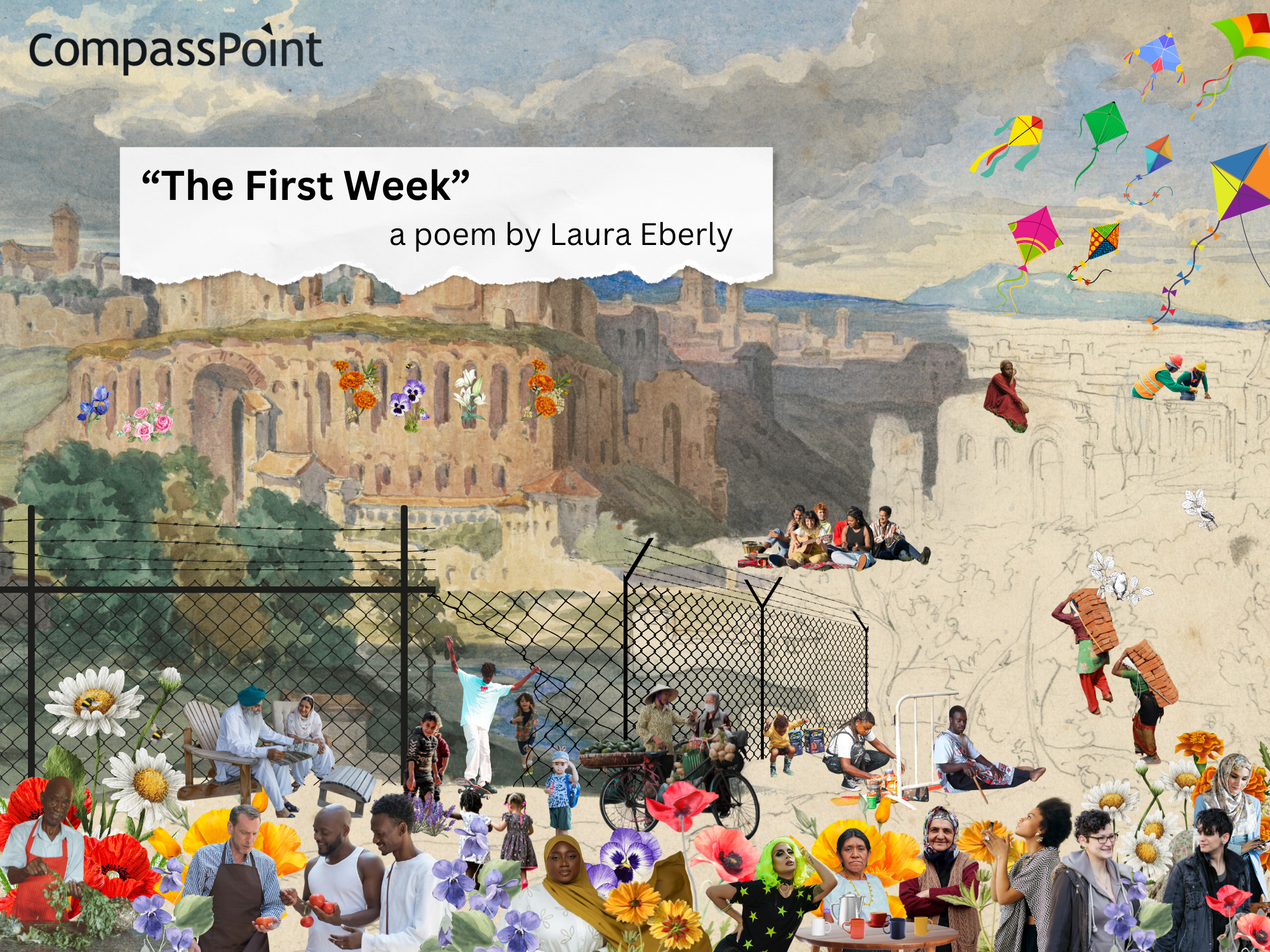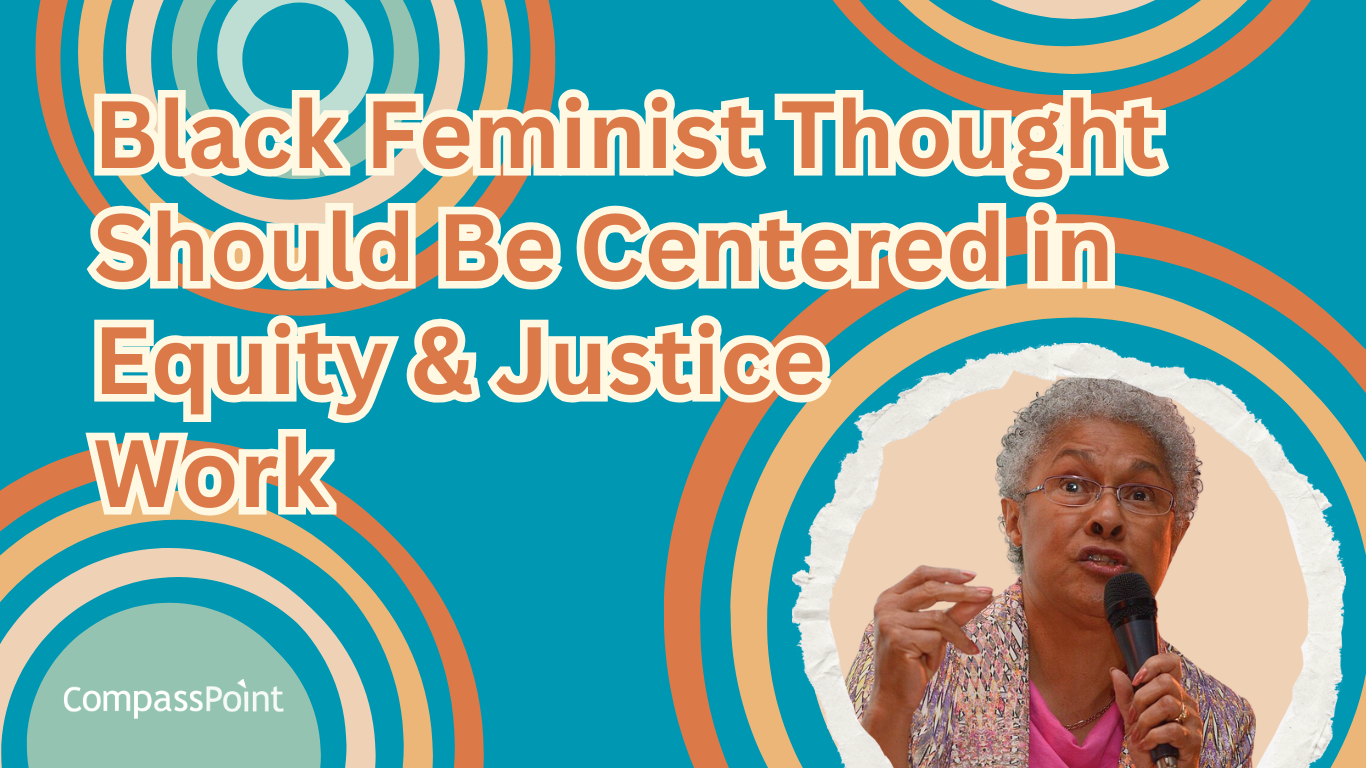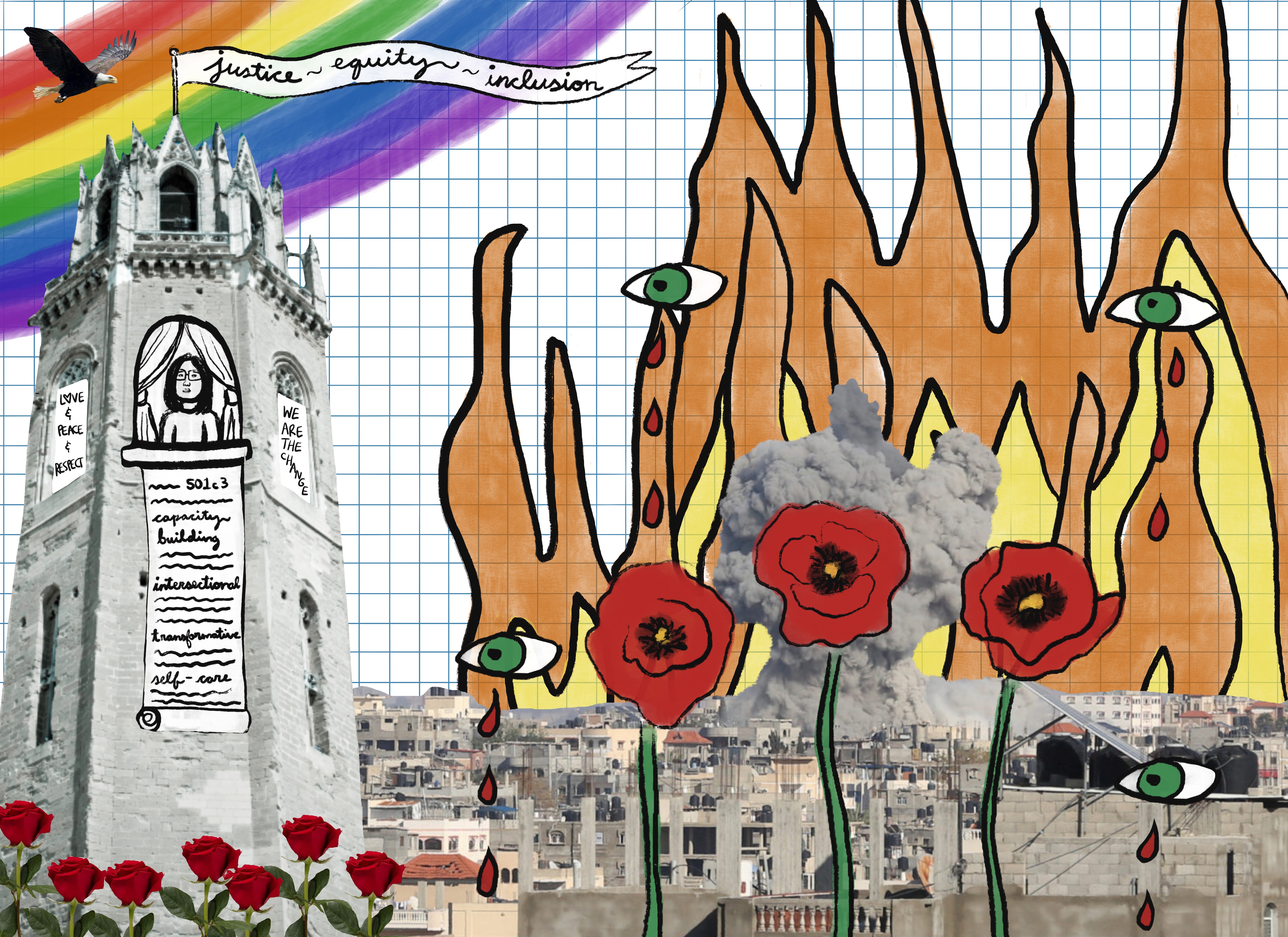We’re using our blog to share reflections and responses from our team as we navigate the reality of a COVID-19 world together. We hope you find ideas, affirmations, and inspiration here that help you think about what it means to lead right now and beyond this crisis.

[Image by Ashkar Dave From Pexels]
Have you ever been on a five-person Zoom meeting while holding your hyperactive 14-month-old child on your lap, when two-thirds of the way through the meeting you realize she’s sporting a disturbingly warm and poopy diaper? Have you ever been inquiring about general operating support on a virtual meeting with a funder while you hear your partner in the background react to this aforementioned hyperactive 14-month-old child, who has for some reason decided to pick up the dog’s water bowl, turn it upside down, and dump all of the water onto the hardwood floor?
It is impossible to pick the right adjective to describe these past few weeks because they have been all the adjectives. It’s been a blessing and a burden to be at home while working full-time. Caretaking has brought equal parts heart warmth and heartburn. As an organizational leader, I've felt guilt, fear, insecurity, inspiration, and appreciation. Mostly though, I've just felt exhausted. It feels like every part of my life has been collapsed into the same physical space, with no boundaries or end in sight.
I’ve had to be intentional about reaching out to my community to help me process this experience; to find perspective and meaning and a mental framework for moving forward. Through coaching and other connections, I’m landing on these as touchstones:
Inviting chaos and simplicity into my life.
Almost every single pattern of our lives has been interrupted or turned on its head. Every single leader and organization I’ve checked in with is experiencing a significant amount of chaos right now. Chaos has been an inevitable outcome of all this change. So the question isn’t “How do I stop chaos?” The question is: “How do I want to be in relationship with chaos?” Additionally: “What is a reasonable expectation of myself and others during chaos?” and “What would it look like for grace to triumph during chaos?”

Now is the time to search for simplicity within the complexity. Maybe mac and cheese or frijoles y arroz two nights in a row for dinner isn’t the worst thing in the world. It provides nourishment needed in the moment, and it doesn’t have to be a forever decision. Inviting simplicity is actually wickedly complex—it usually means I have to let go of notions of perfection and production, and other internalized habits of white dominant culture and capitalism.
One day, we were all working comfortably from our CompassPoint office in downtown Oakland, with a 2020 budget that was built on solid revenue assumptions and historical expense patterns, and a programmatic plan for the year that we were excited about. And then in a blink of an eye, everything changed. Suddenly we were all working remotely, our 2020 budget assumptions became obsolete, and our programmatic plan for the year came to a screeching halt. How could this not create chaos? There was no use fighting or denying this chaotic new reality. And for me, as an organizational leader, what resonates is meeting chaos with simplicity, not more chaos. Deciding on one tangible next step that I can land on today. One complex scenario that I can make a little more clear with an imperfect decision, but a decision nonetheless. What can I adapt and adopt today and revisit at a later date when I have more spaciousness?
Taking time to grieve.
There has been no immunity to loss. The scale of loss and grief is being felt everywhere. And this isn’t an attempt to either flatten or create a hierarchy of different types of grief, but merely to normalize that we’ve all lost something important to us over this past month. Processing with my coach helped me realize there were a number of things I’ve lost this past month that have given me so much joy—from in-person hugs with friends to outside activities with la familia. Trust, there is nothing trivial about joy, and trying to minimize my own pain has only compounded my grief. Being able to name and honor my anger and sadness—and having those emotions witnessed—was a step in the direction towards releasing those feelings. Processing grief is a marathon, not a sprint—meaning it takes time and endurance. We need to be compassionate with ourselves and hold space for others when we can.
Resource: Rest Supports Grieving: Grief Rituals (The Nap Ministry)
Love and structure will carry us through.
I read that headline in a parenting blog and it resonated for me as a parent and as a Co-Director. Hopefully, some sort of structure is emerging for all of us, as people get clarity on priorities for their organizations, the economic reality that will support those priorities, what individuals’ contributions are to those top priorities, and how people will stay organized and tethered to one another in a virtual community. These structural pieces must emerge for leaders, organizations, and movements to navigate the moment and continue to transform systems of oppression toward equity and justice.
Resource: Love and Structure Will Carry Us Through (New York Times).
As far as the love, I’m really appreciating the mutual aid spreadsheets, the virtual coffee chats, happy hours, and check-ins where we focus on our breaths and each other. Ultimately, we cannot have transformative change through transactional relationships. So, we must stay connected while we stay apart, and not just because it feels good, but because that connection—along with structure—will carry us through.
Grounding instead of spinning.
My anxiety can get me spinning into some very dark scenarios. I can drown in the deep end of terror, Google myself into rabbit holes, and get claustrophobic in my own anxiety-produced thought-traps. And organizationally, it’s easy to spin into an existential crisis against a backdrop of confusion and urgency. Should we be doing this? What about this list of 50 urgent things? Who are we?
There’s a gravity to this moment that is pulling us in different directions at once, a force that is borderline causing us to unravel our protective layers and spill out.
The antidote is to get grounded. Ground in your purpose. Ground in your values. Ground in your relationships. And ground in the spirit that first breathed life into your ancestors.
Organizationally, similar ideas ring true. For CompassPoint, our core strategies, values, and outcomes still hold as key principles to guide our work and decisions in this environment. These are still central to who we are and how we’re responding in the moment. Grounding in our core means we are still exploring the best way to ensure the leadership of BIPOC (Black, Indigenous, People of Color) thrives and drives systems change. We are still interrogating how leaders can center love, justice, and equity in decision making. We still believe that healing and community building are critical to becoming whole and moving our collective work forward. This isn’t a time to spin; it’s a time to ground.
Finally, with a reminder from my coach, Ernest Mark, I’m left thinking about what I will actually miss about this time once it’s gone. Even in the midst of loss and uncertainty, this time is bringing some gifts. I will miss preparing breakfast for my family every morning. I will miss daily lunches with my partner. I’ll also miss discovering new things about my daughter every day, like the day with the dog’s water bowl when I discovered that my daughter is, pound-for-pound, stronger than an Olympic weightlifter. I’m holding on to those moments, and my touchstones, even when it might feel like I'm losing everything else.
Lupe Poblano is a co-director of CompassPoint.
Related CompassPoint blogs:
- Pushing Back Against Habits of White Supremacy During a Crisis
- Grounding, Love, Chaos, and Grief: Parenting and Organizational Leadership During Covid-19
Watch:
Recommended Read:
- Distancing to Reconnect: Possibilities and Parenting During Covid-19 by Angela Aguilar for Movement Generation





Submit a comment
(1) Comments
Sarah Moore replied on Permalink
Beautiful, Lupe. So well said. Sending all at CompassPoint and its partners wishes for grace and peace.